Kai’s Education delivers inclusive, hands-on coding and STEAM kits, designed for neurodiverse and visually impaired learners, that help students build foundational digital skills through play-based learning, while supporting teachers with curriculum-aligned, accessible tools for the modern classroom.
Why we invested
Educational inequality begins early. Too many young learners, especially neurodiverse and visually impaired students, are excluded from early access to digital literacy and STEAM learning. Without the right tools, these students risk falling behind in the skills that shape their futures.
We’ve invested in Kai’s Education to bring hands-on coding and STEAM kits to classrooms worldwide—empowering every student with accessible, future-ready learning tools. Their products, KaiBot and Kai’s Clan, are curriculum-aligned, easy to use, and integrate seamlessly into subjects like Maths, Science, and Literacy. Designed with universal accessibility, they help teachers overcome time and resource constraints while enabling students to build problem-solving, critical thinking, and social skills through collaborative, play-based learning.
Transaction Summary
IRIS+ is a set of generally-accepted system created by the Global Impact Investment Network (GIIN) to standardise impact metrics and themes.
Measuring What Matters
Limited access to inclusive, age-appropriate, and engaging coding education for young and neurodiverse and visually impaired learners, leading to early exclusion from digital literacy and future-ready skills.
Short term: Improved learning outcomes: cognitive skills, computation and coding, mathematics. Alongside this, Kai’s Clan brings design, collaboration, and creativity to life—bridging the gap between coding and real-world challenges. Problem solving and communication skills.
Tactile learning improves engagement, enjoyment and belonging in a collaborative classroom environment.
Long term: Improved knowledge/skill acquisition at an early age is associated with improved access to higher education and employment outcomes.
Improved wellbeing and confidence in the classroom builds social skills that are used in other areas of life.
Neurodiverse and visually impaired K-12 learners that use Kai’s Clan/KaiBot, many of whom have limited access to STEM education.
Scale: Number of students and classrooms reached, estimated based on units sold.
Depth: The degree of change experienced by teachers and students varies, but data will indicate the degree of improved skill acquisition through integrated learning—especially compared to other robot learning tools.
Duration: Improved (STE(A)M) education outcomes enable myriad improvements in life outcomes.
Kai’s direct attribution to improved student learning outcomes is hard to measure— in reality, the degree of skill acquisition and belonging is influenced by a series of factors (classroom environment, individual level etc.) beyond the robots/lesson plans alone.
Customer feedback showed that Kai’s Clan/KaiBot would be the first coding cards in the US that are available in Braille for visually impaired students.
External risk: Risk that school funding or procurement channels (or other market forces) make it difficult to enhance Kai’s Clan/KaiBot reach into schools.
Inequity risk: Despite the incorporation of Universal Design principles and the creation of materials in Braille and te Reo Māori, there’s a risk that a lack of access to Kai’s tech for students with disabilities or other priority communities may persist or even worsen due to inequitable education contexts.
Number of Braille coding kits ordered: Measuring how Kai’s is improving the reach of accessible STEAM learning for visually impaired students.
Quantitative or qualitative insights: Validate impact for children with learning impairments.
Impacts of enterprises on people and the planet can be understood across five dimensions, as defined by the Impact Management Project.






